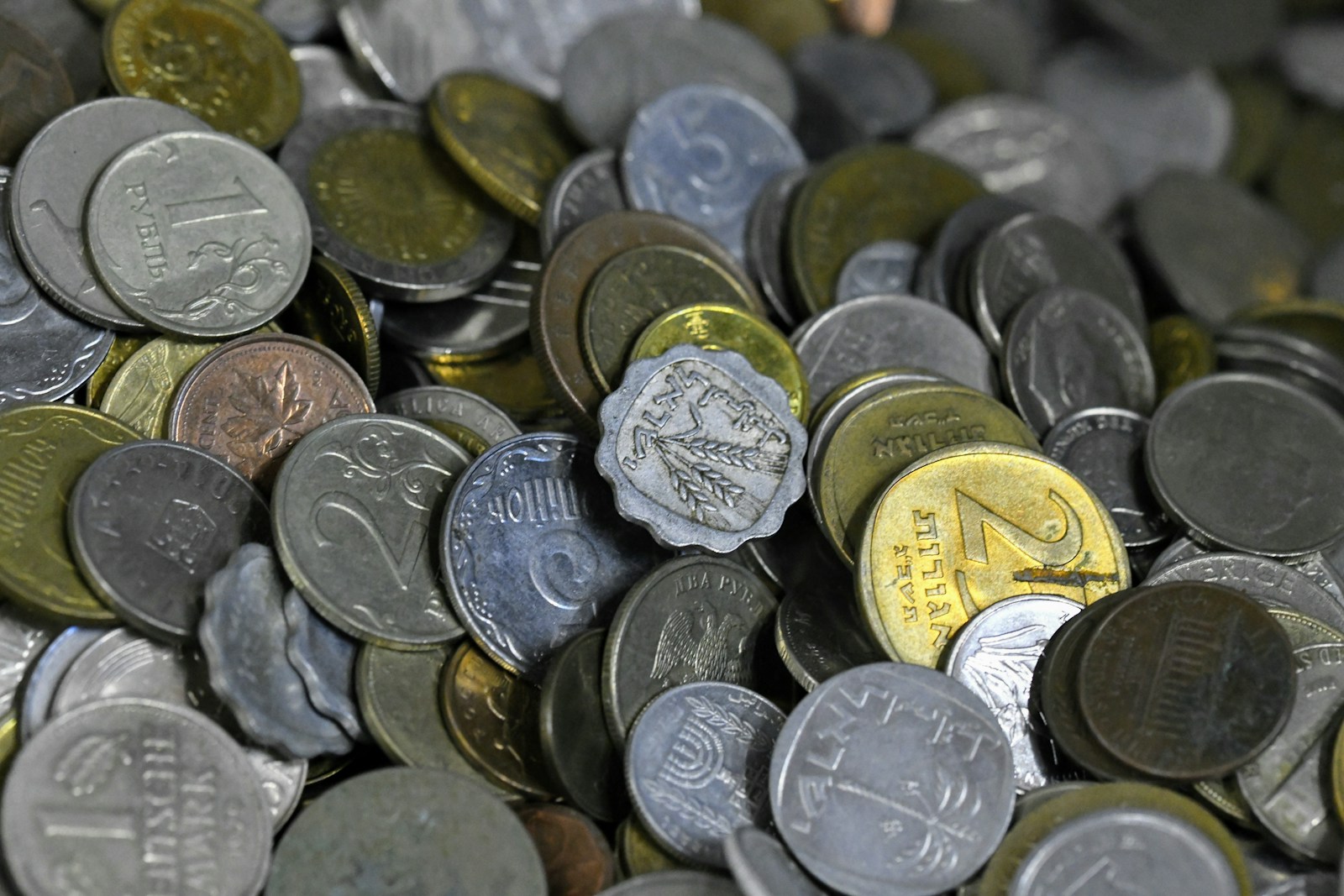
Changé

change
The French word 'Changé' corresponds to the English term 'change'. It is quintessential to understand that it is often used in the context of physical or emotional transformation, alternation, or evolution. For instance, 'J'ai changé de maison' would imply 'I changed my house'. However, the context of usage may vary, and it's crucial to identify the conjugation form and the grammar structure associated with the sentence.
Example sentences using: Changé
Il a changé d'avis à la dernière minute.

He changed his mind at the last minute.
This sentence is using 'changé' to describe someone altering their previous decision or opinion.
Le climat a beaucoup changé ces dernières années.

The climate has changed a lot in recent years.
The phrase uses 'changé' to illustrate notable alterations in weather patterns over time.
Mon ami a complètement changé après son voyage.

My friend completely changed after his trip.
In this sentence, 'changé' is being used to convey a metamorphosis or personal shift in character or attitude.
La ville a changé depuis la dernière fois que je suis venu ici.

The city has changed since the last time I came here.
The use of 'changé' here is to draw attention to the transformations in the physical or cultural environment of the city.
Ce livre a changé ma façon de penser.

This book changed my way of thinking.
'Changé' here is being used metaphorically to convey the deep impact the book had on someone’s outlook.
La technologie a changé le monde.

Technology has changed the world.
The sentence uses 'changé' to discuss the significant influence and transformation brought about by technology.
L'école a beaucoup changé depuis que nous étions étudiants.

The school has changed a lot since we were students.
The concept of 'changé' is used here to highlight the differences in the school setting between two time periods.
Il a changé le canal quand le film est devenu ennuyeux.

He changed the channel when the movie became boring.
In this sentence, 'changé' talks about the action of altering one’s choice or decision due to a lack of interest.
La mode a changé au fil des ans.

Fashion has changed over the years.
'Changé' in this phrase discusses the changing trends and evolving styles in fashion over time.
Elle a changé de travail pour améliorer sa vie.

She changed jobs to improve her life.
Here 'changé' illustrates making an alteration in one’s professional engagement to bring about a positive change in life.